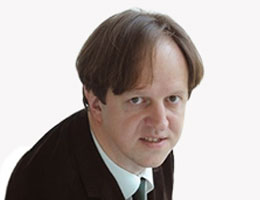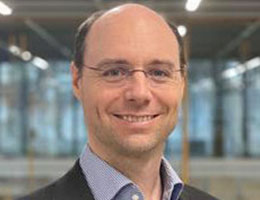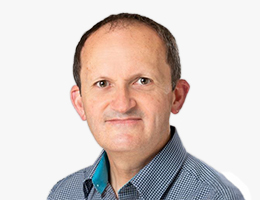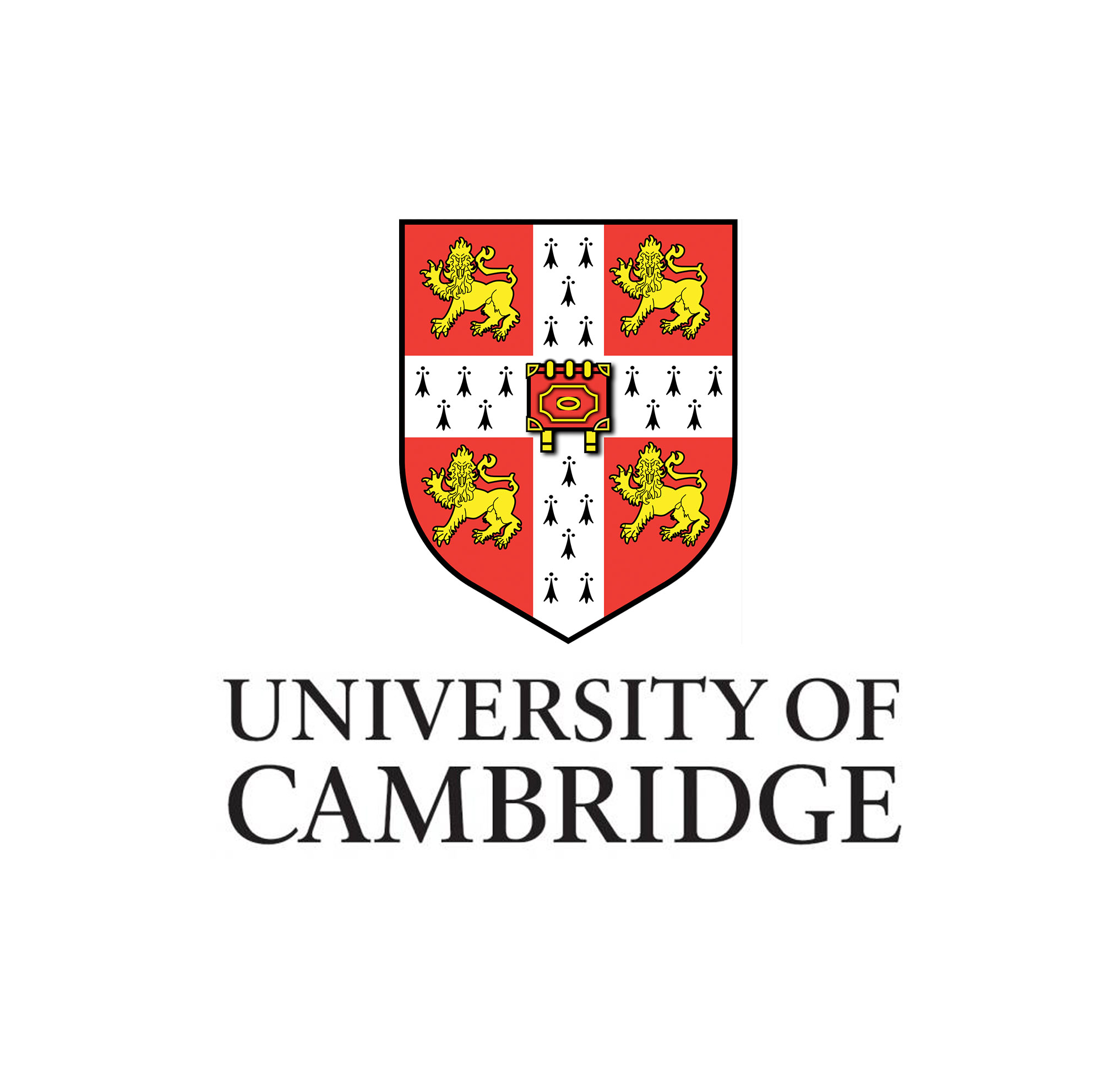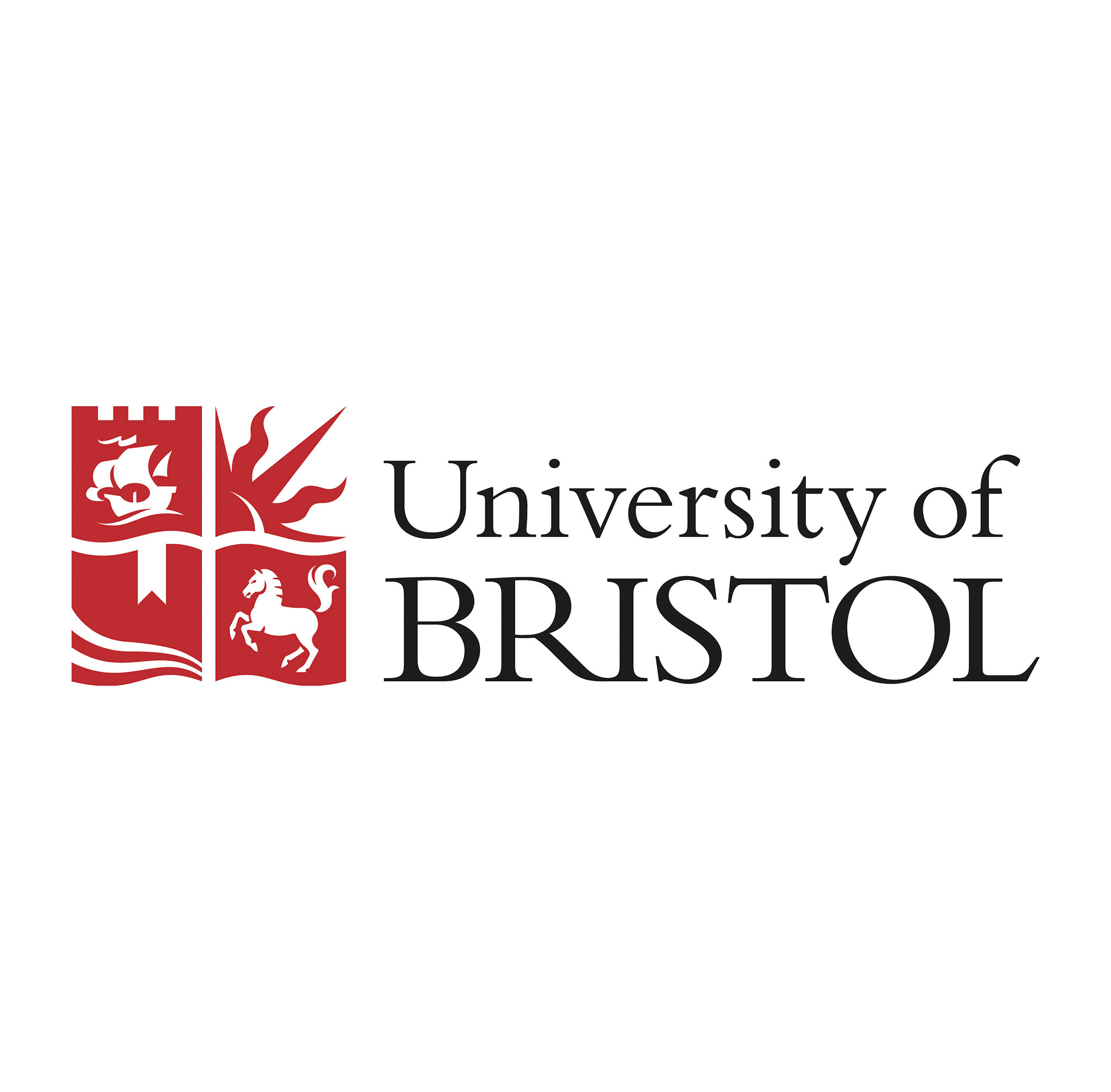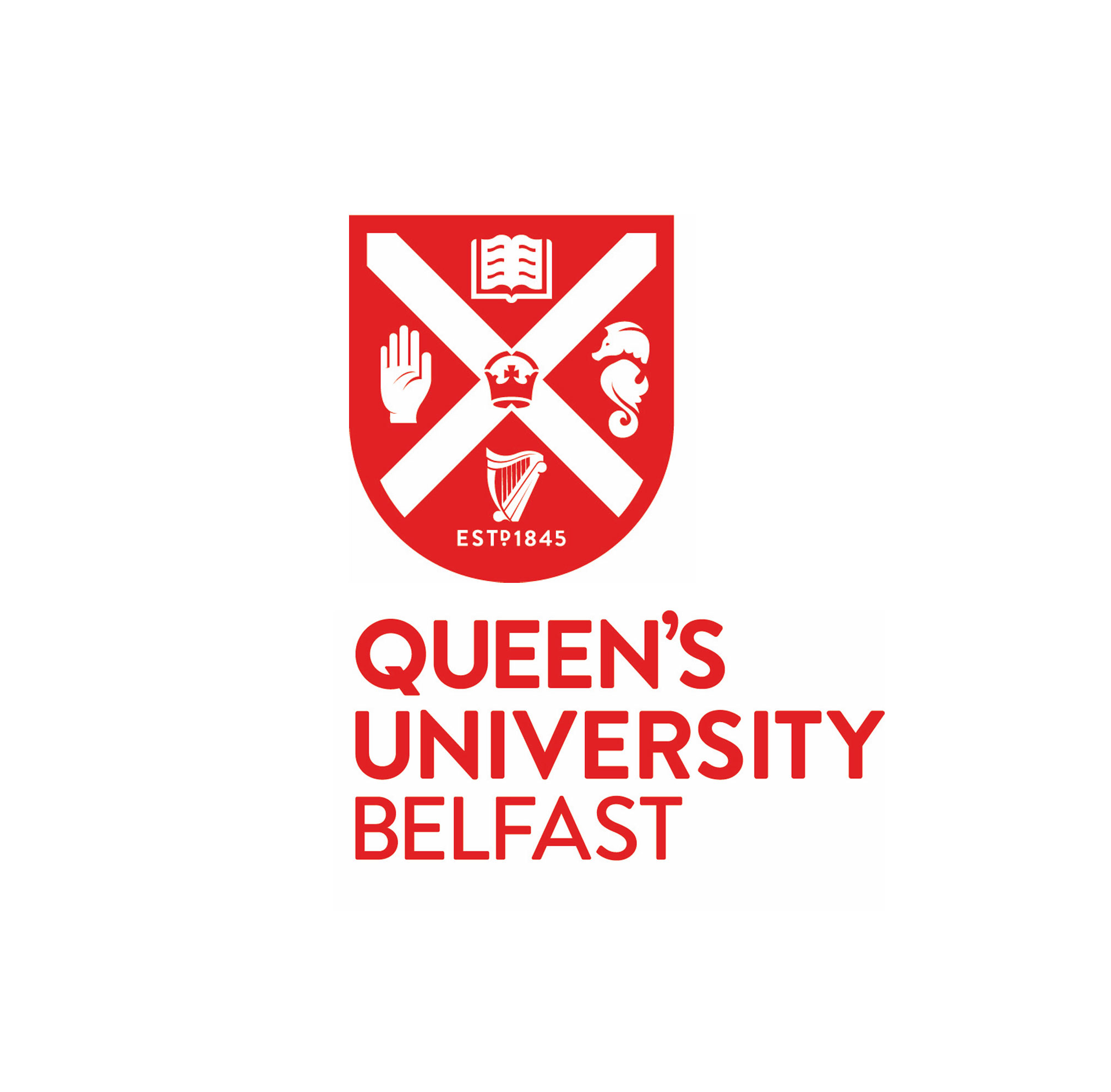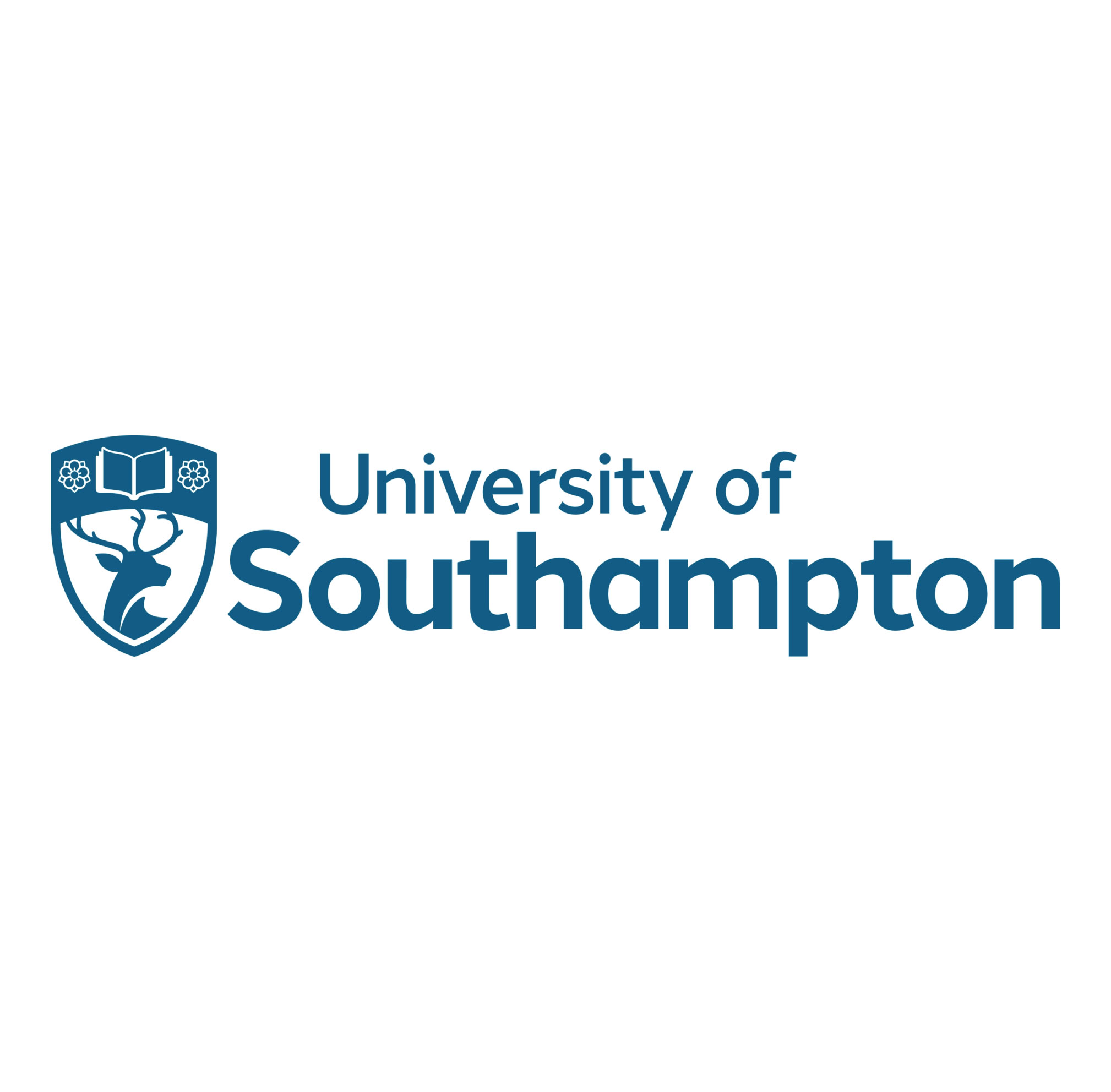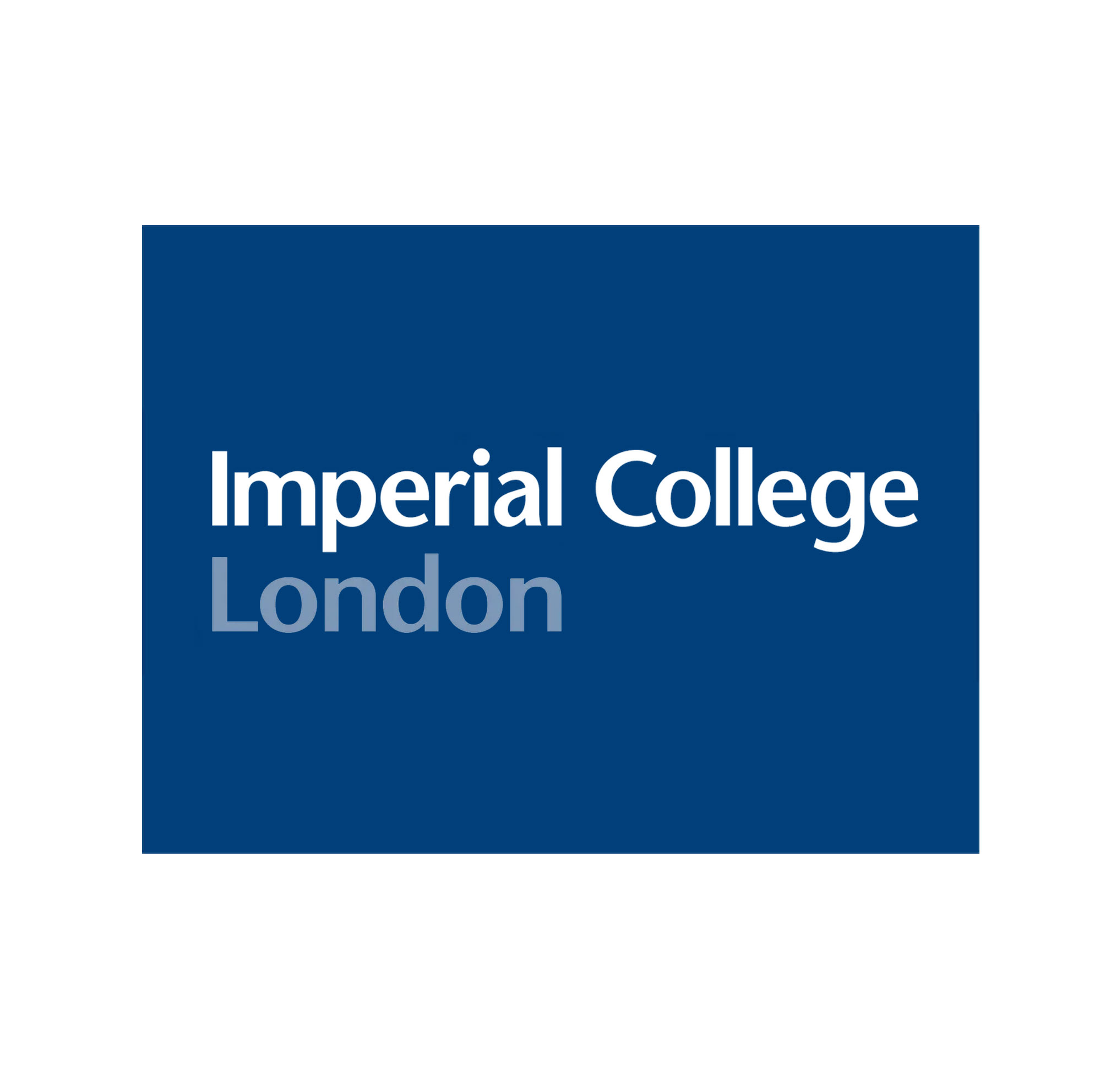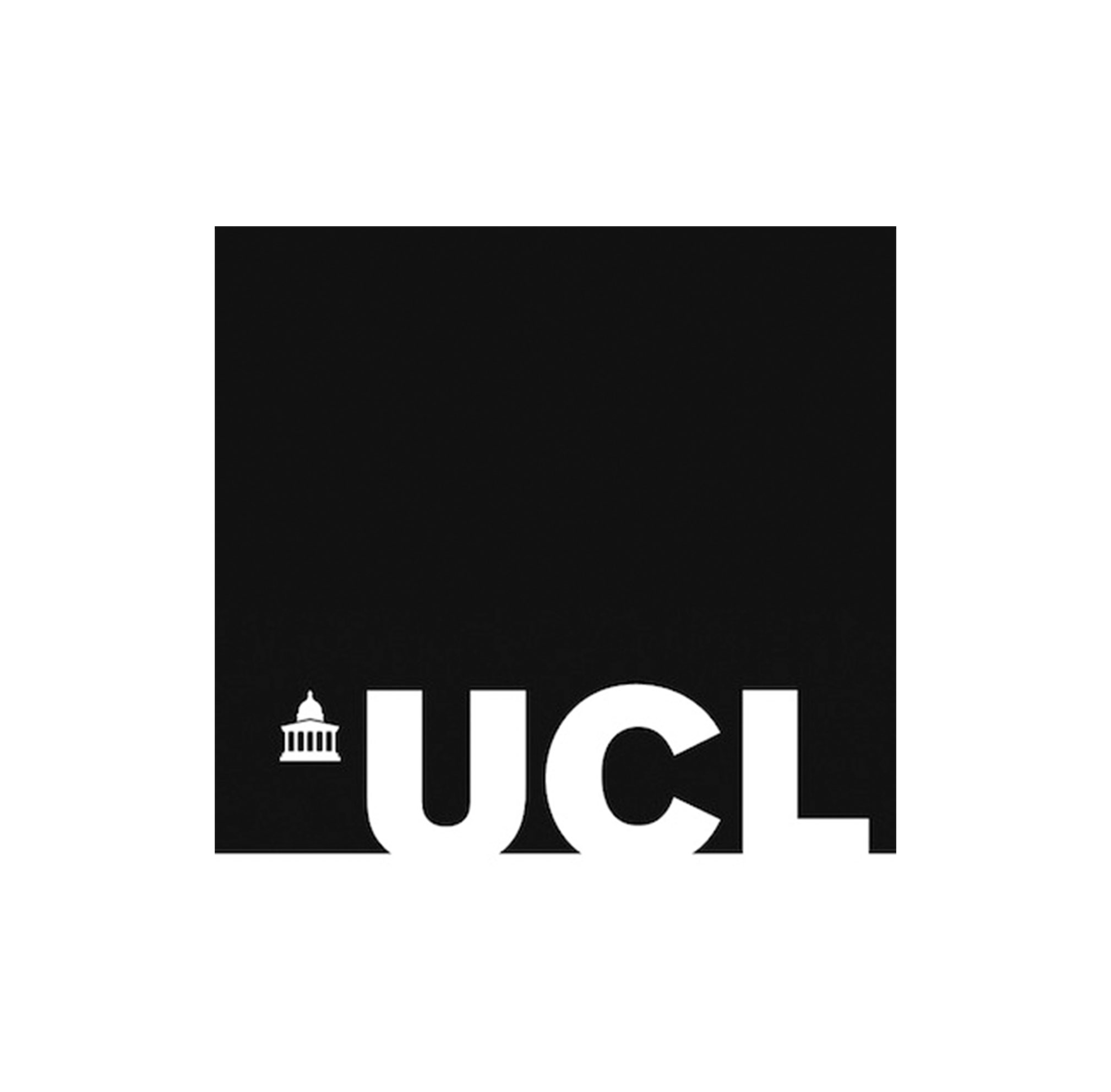HASC Investigators
The core consortium consists of the University of Oxford, Queens University Belfast, the University of Bristol, the University of Cambridge, University College London, Imperial College London and the University of Southampton.
Our management board aims to report on the capabilities of different wired and wireless techniques, investigating efficient interfaces and physical architectures, and analysing new fibres and their capabilities.
Our partnership brings together researchers from Queens University Belfast, UCL and the Universities of Bristol, Cambridge, Oxford (lead partner), Southampton and Imperial College London. The Hubs form part of the UK Future Wireless Infrastructure Strategy, and we work closely with two other Hubs: TITAN, focusing on networks of networks, and CHEDDAR, focusing on cloud and edge computing.
The Hub is supported by substantial investment from the Engineering and Physical Sciences Research Council (EPSRC), part of UK Research and Innovation, and the UK Department of Science, Innovation and Technology.

University of Cambridge
Tongyun Li is a Senior Research Associate at the University of Cambridge. He received his PhD from the Centre for Photonic Systems in the Electrical Engineering Division of the Department of Engineering at the University of Cambridge, where he also serves as a Research Associate. His research focuses on photonic technologies, digital signal processing, and their integration in next-generation communication systems and Internet of Things (IoT) applications.
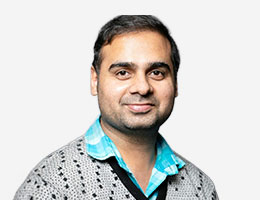
University of Oxford
Dr. Pranav Sharda received his M.Tech. degree in Communication Systems from Guru Nanak Dev University (GNDU), Amritsar, India, in 2017. He was awarded a gold medal by the university for attaining a CGPA of 10 in M. Tech. in 2017. Moreover, he was amongst the top 3% UGC-NET qualified candidates in India for the position of Assistant Professor. Further, he was a research visitor at the Optical Communications Research Group at Northumbria University, United Kingdom, from July 2022 to August 2022. He completed his Ph.D. from the Indian Institute of Technology (IIT)-Delhi, New Delhi, India.
Currently, he is working as a Postdoctoral Research Fellow with the Department of Engineering Science, University of Oxford, UK. He is also a member of the Hub of All-Spectrum Connectivity (HASC), UK, and a fellow of the Optical Society of India (OSI). Furthermore, he serves as a reviewer for papers of various IEEE Conferences and Journals, such as GLOBECOM, WCNC, ISIT, IEEE Transactions on Communications, IEEE Transactions on Information Theory, IEEE Transactions on Wireless Communications, IEEE Transactions on Vehicular Technology and many others. His research interests include indoor and outdoor optical wireless communications, Modeling Techniques, vehicle-to-vehicle communications, free-space optical communications, MIMO systems, and modeling of wireless communication systems.

University of Bristol
Dr Shuangyi Yan is an Associate Professor in the Smart Internet Lab, School of Electrical, Electronic and Mechanical Engineering, University of Bristol. His research focuses on artificial intelligence and machine learning (AI/ML) for dynamic optical networks, radio access networks for beyond-5G, enhanced network sensing and applications, and data centre networks. He has authored or co-authored over 100 peer-reviewed publications, including several high-impact post-deadline papers (h-index: 26). Dr Yan has delivered more than 10 invited talks at leading conferences, including OFC 2019, ONDM 2018/2019, ECOC 2018, and ACP 2017/2020. He has served on the Technical Programme Committees of major conferences such as ECOC, TOP, EuCNC, ONDM, OECC, and ACP. He is actively engaged in multiple EU H2020 and UK EPSRC-funded research projects and currently serves as Programme Director for three MSc programmes in Communications and Signal Processing.
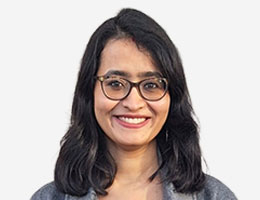
Imperial College London
Nancy Nayak is currently a postdoctoral researcher at Imperial College London, working with Prof. Kin Leung on AI algorithms for efficient radio resource allocation. She obtained her Master's and Ph.D. in 2024 from the Indian Institute of Technology Madras (IIT Madras), India, where her research focused on resource-efficient machine learning techniques and their applications in complex wireless communication systems.
Before joining IIT Madras, she worked as a network engineer at Idea Cellular Ltd. in Hyderabad, India for two years. She received her B.Tech. degree in Electronics and Communication Engineering from the National Institute of Technology, Durgapur, India, in 2015. During her undergraduate studies, she interned at CERN, Switzerland - an experience that sparked her interest in research and global collaboration.
Originally from a small city in West Bengal, India, Nancy now lives in London, embracing its vibrant culture and diversity. Beyond her academic interests, she enjoys traveling and exploring world cuisines.

University of Southampton
Dr. Hao Liu received both an MSc with Distinction and a PhD in Optoelectronics from the Optoelectronics Research Centre (ORC), University of Southampton, completing his doctoral degree in 2024. He is currently a research fellow at the ORC, focusing on integrated photonics for next-generation optical communication and computing technologies. His research involves the design, fabrication, and characterisation of both linear and nonlinear photonic devices built on silicon and silicon nitride platforms. Dr. Liu’s work explores their applications in scalable all-optical on-chip signal processing, high-speed IM/DD optical transmission systems, and neuromorphic photonics. He is particularly interested in unconventional optical computing architectures enabled by these advanced photonic devices, aiming to push the boundaries of speed and efficiency in optical communication and computing.
EPSRC and DSIT have funded three future Telecoms Hubs and provided additional resources to bring them together in a federated structure, which will help deliver the six core areas identified in the Wireless Infrastructure Strategy. This structure brings together three existent EPSRC funded future telecoms platforms with new connecting infrastructure (JOINER). The three Hubs are:
PlaTform DrIving The UltimAte CoNnectivity (TITAN)
Hub in All Spectrum Connectivity (HASC)
Communications Hub for Empowering Distributed clouD computing Applications and Research (CHEDDAR)
The Hubs are geared to address research challenges in three broad areas, namely, network-of-networks, wireless and wired spectrum and telco cloud & next generation computing for telecommunication. Additionally, as part of federated telecoms hub a Joint Open Infrastructure for Networks Research (JOINER) is also being developed to support collaborative experimentation and experimentation at scale across the Hubs’ research ecosystem and beyond.


